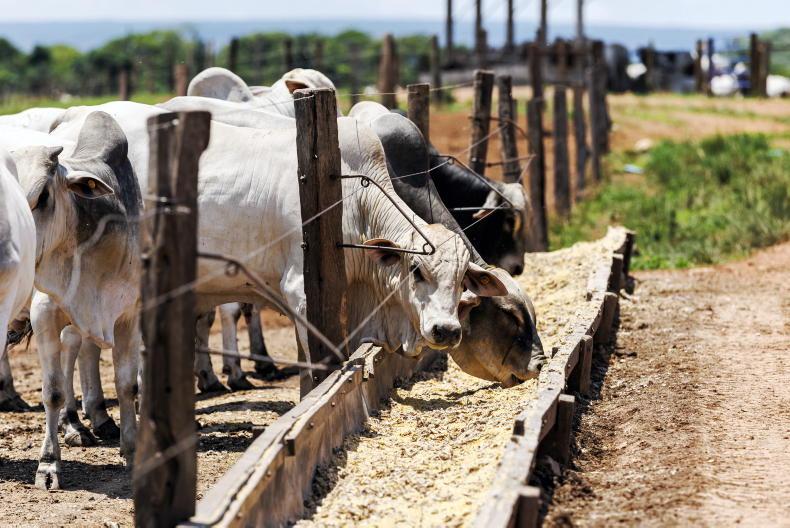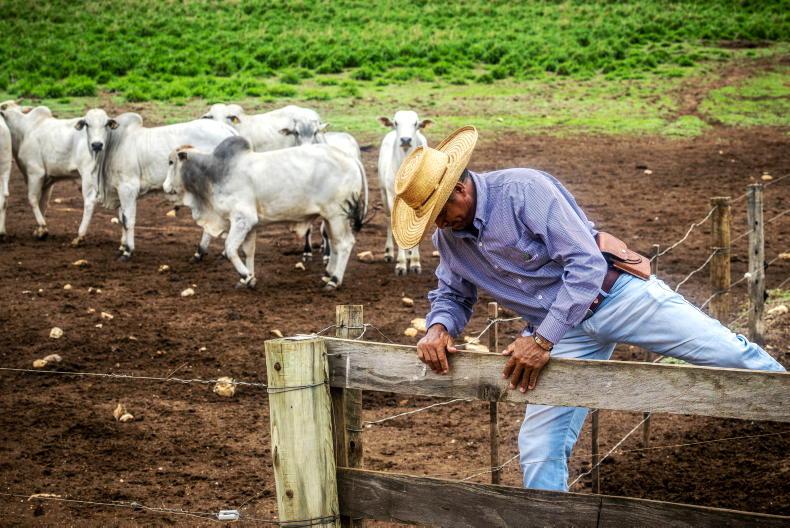The European Council and European Parliament this week reached a provisional agreement which will see the EU become climate neutral by 2050 under law.
It also agreed to a binding net greenhouse gas emissions reduction target of at least 55% by 2030 compared with 1990.
Regarding the 2030 target, negotiators agreed on the need to give priority to emissions reductions over removals.
There is also a commitment to negative emissions after 2050.
Scientific board on climate change
A European scientific advisory board on climate change is to be established under the agreement.
This will be made up of 15 senior scientific experts of different nationalities.
It will be tasked with providing scientific advice and reporting on EU measures, climate targets and greenhouse gas budgets and their coherence with the European climate law.
President of the European Commission Ursula von der Leyen said the EU’s political commitment to becoming the first climate-neutral continent by 2050 is now also a legal commitment.
“The Climate Law sets the EU on a green path for a generation. It is our binding pledge to our children and grandchildren.”
Landmark moment
Executive vice-president for the European green deal Frans Timmermans added that it was a landmark moment for the EU.
“We have reached an ambitious agreement to write our climate neutrality target into binding legislation, as a guide to our policies for the next 30 years.
“The Climate Law will shape the EU's green recovery and ensure a socially just green transition. Today's agreement also reinforces our global position as a leader in tackling the climate crisis,” he said.
Next steps
The deal will now be put to the European Parliament’s Environment, Public Health and Food Safety Committee and plenary for approval, as well as to the European Council.
The regulation will enter into force 20 days after publication in the official journal.
Farmer reaction
The body representing European farmers, Copa and Cogeca, welcomed the provisional agreement on the European Climate Law, adding that it was key legislation which will define the path of European farming in the coming decades.
“European farmers and agri co-operatives support the agreement’s objective on net greenhouse gas reduction. We regard the carbon farming initiative as a key element of delivering carbon removals via market-based carbon-crediting schemes.
“The impacts of climate change take an ever-increasing toll on the agricultural sector and farming livelihoods. Therefore, a strong focus on climate change adaptation is particularly welcomed.
“Besides farming, forestry will play a major role in climate change mitigation and adaptation. The role of actively managed forests is key in substituting fossil-based materials and energy in the carbon storage of harvested wood products.
“Promoting the use of forests mainly as carbon sinks is not an appropriate measure to combat climate change, but rather a high-risk strategy.
“Therefore, it is essential that the entire forest cycle and the numerous ecological and socioeconomic services that forests provide be considered,” it said.









SHARING OPTIONS